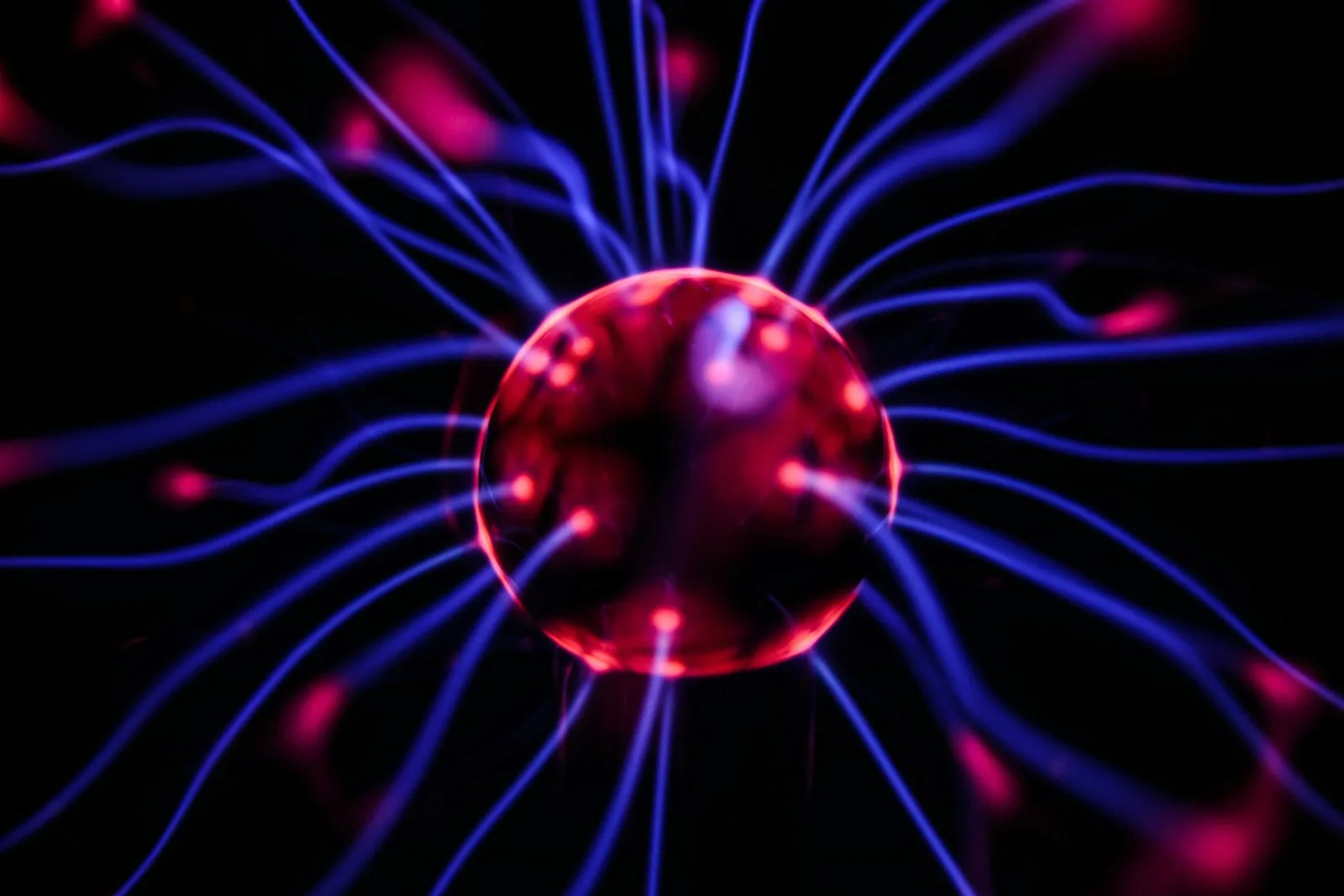
Table of Contents
An important component of human cognition, education promotes both professional and personal growth. But everyone learns differently and at a different rate. Some people seem to pick things up quickly, while others require more time and effort.
This gap raises the interesting topic of why some people learn faster than others. Exploring this phenomenon reveals the complex interplay between environmental, psychological, and biological factors that affect how quickly people learn new things.
Here are some environmental, psychological, and biological factors that affect how quickly people learn new things.
Biological Factors:

Brain structure and operation are important factors that affect how quickly people learn. According to neuroscientific studies, the differences in brain structure and neurotransmitter systems are significant. For example, research suggests that those with higher levels of dopamine, a neurotransmitter linked to drive and reward, learn more quickly because they are more engaged and focused on what they are learning. Variability in learning performance is also affected by changes in the neural system, particularly in areas of the brain associated with memory and information processing.
Learning ability is also influenced by genetic factors. Research on twins has shown that differences in cognitive skills, especially learning speed, can be explained by genetic factors. Individual differences in learning ability are partly explained by differences in genes linked to synaptic plasticity, the process by which neurons adjust and strengthen connections in response to learning.
Psychological Factors:

Learning speed is highly influenced by individual differences in cognitive abilities, including working memory capacity, processing speed, and attentional control. Higher working memory capacity, for example, enables people to hold and process more information at once, improving their ability to understand difficult topics. Similarly, those who digest information faster can encode and retrieve it faster, which speeds up learning.
Besides, motivation and mindset are important factors in the speed of learning.
According to research in educational psychology, individuals with a growth mindset the belief that knowledge and talent can be increased through effort and persistence tend to learn more quickly than individuals with a fixed mindset. Furthermore, intrinsic motivation arising from a person’s own interest and enjoyment of the learning activity improves engagement and accelerates learning.
Environmental Factors:

Educational outcomes are significantly affected by environmental variables such as socioeconomic status, educational policies, and educational opportunities. By giving people the tools and opportunities to grow intellectually, high-quality education, stimulating learning settings, and useful learning materials can accelerate learning.
Effective teaching strategies, including scaffolding, active learning methods, and structured instruction, can also accelerate learning by accommodating different learning styles and demands. Social elements also accelerate learning through information sharing, debate and group problem solving. Examples of this include peer interaction and collaborative learning environments.
Investigating why some people pick things up more quickly than others reveals a complex interplay between environmental, psychological, and biological variables. Individual differences in learning speed are largely determined by genetic predisposition and brain characteristics, but psychological factors, including cognitive ability, motivation, and mindset, also influence learning outcomes.
Furthermore, the social conditions, opportunities, and resources that either support or hinder the development of learning are examples of how environmental factors alter learning pathways. Educators and policymakers can optimize learning experiences using evidence-based methods based on a deeper understanding of these aspects and help diverse students realize their full potential.
Read | Role of play schools in preparing kids for formal schooling

